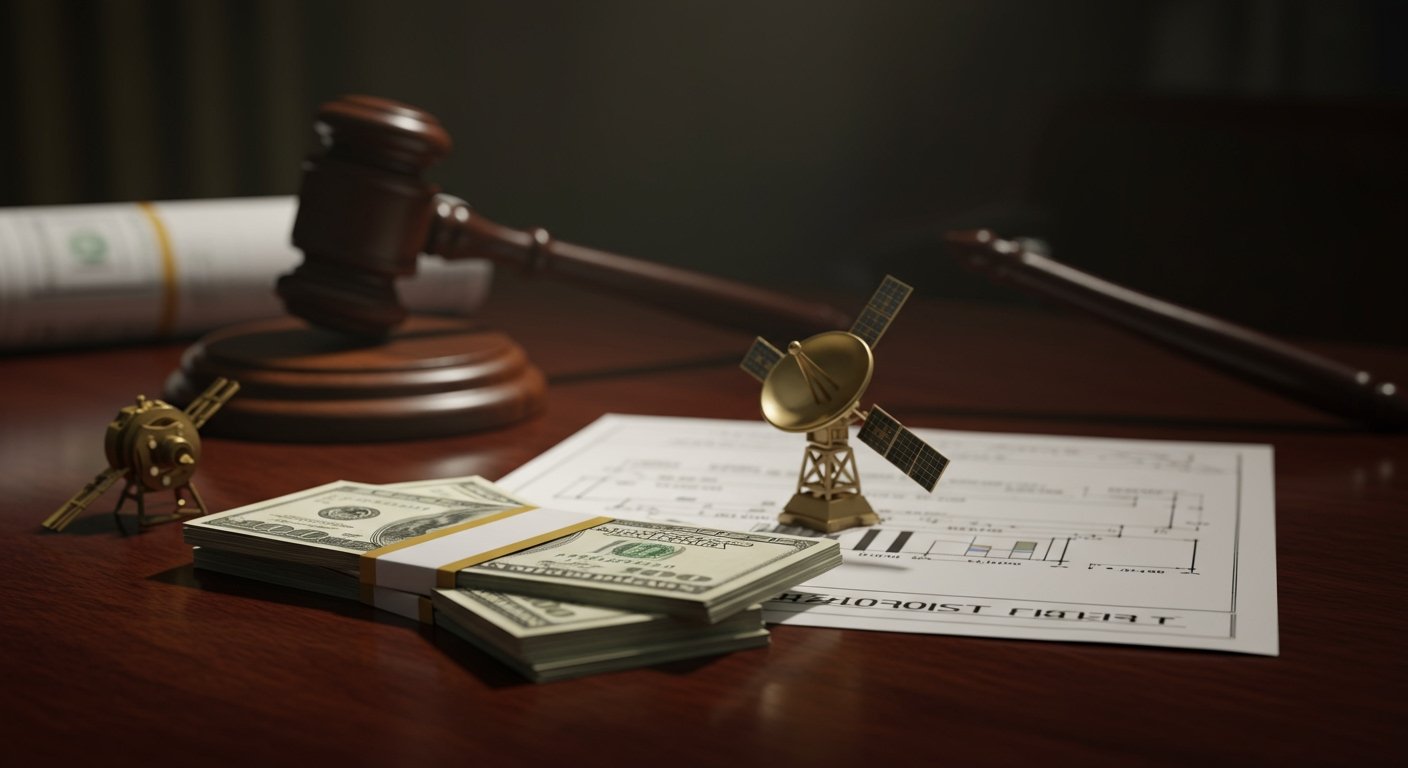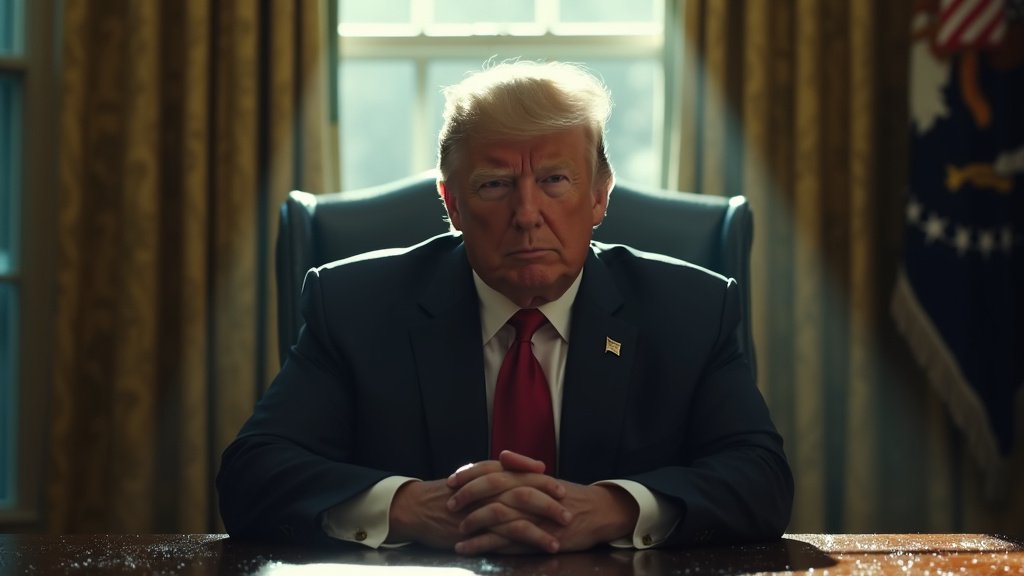During his campaign, Donald Trump often positioned himself as a staunch defender of free speech. Yet, critics and First Amendment advocates argue that actions taken during his presidency and subsequently have actively undermined these constitutional protections, presenting a stark contrast to his public promises.
Allegations of Undermining Rights
Advocates for free speech contend that freedom of speech is currently under attack, pointing to several specific actions attributed to the Trump administration. These include alleged instances of threatening Democratic members of Congress with investigation following criticisms of conservatives, withdrawing federal grants from organizations whose language or activities were opposed by the administration, and sanctioning law firms that represented Trump’s political opponents. Such actions, critics argue, leverage governmental power to penalize speech and association.
Will Creeley, legal director for the Foundation for Individual Rights and Expression (FIRE), a recognized nonpartisan First Amendment group, has voiced significant concern over these developments. According to Creeley, these actions suggest that the right to speak freely appeared to depend on the administration’s particular viewpoint or political alignment, raising alarm bells about the impartiality and accessibility of fundamental rights.
The Case of Mahmoud Khalil
A focal point of the criticism revolves around the arrest of Mahmoud Khalil, a Columbia University graduate student and legal permanent resident. Khalil was notably involved in leading pro-Palestinian protests. Reports indicate that on a Monday, Mr. Trump reportedly took credit for Khalil’s arrest by immigration agents.
Khalil’s legal representation has strongly argued that his arrest was not based on legitimate immigration grounds but rather was a deliberate move targeting his activism. His lawyers contend that the action aims specifically to “discriminate against particular viewpoints,” implying a weaponization of immigration enforcement to suppress political expression. While his case proceeds, a federal judge has issued an order preventing immigration officials from removing Khalil from the country.
Administration’s Defense and Broader Context
The administration has defended its actions, particularly regarding immigration status. Secretary of State Marco Rubio addressed the situation, stating that policies involving the potential revocation of visas or green cards, particularly for individuals deemed supporters of groups like Hamas, are not about suppressing free speech. Instead, he argued, these measures are strictly concerned with individuals’ right to be present within the United States, framing it as a matter of national security and immigration law rather than a First Amendment issue.
The debate over free speech under Trump also highlights a broader political landscape. Notably, the article points out that Republicans have historically raised complaints about infringements on free speech. More recently, this focus has extended to state-level efforts, such as laws enacted in Florida and Texas aimed at regulating content moderation policies on major social media platforms – measures regarding “which the U.S. Supreme Court has held.”
Furthermore, critics revisit instances of the administration allegedly targeting members of Congress. A specific example cited is a letter sent by acting U.S. attorney Ed Martin to Senate minority leader Chuck Schumer concerning a comment made by Schumer in 2020, illustrating perceived attempts to use official channels to address or retaliate against political speech from opponents.
Conclusion
The tensions between Donald Trump’s campaign rhetoric as a defender of free speech and the subsequent actions criticized by First Amendment advocates underscore a complex and ongoing debate about the boundaries of free expression in the contemporary political environment. While the administration frames certain actions, such as immigration enforcement, as necessary policy unrelated to speech rights, critics remain concerned that governmental power is being used in ways that could chill dissent and penalize viewpoints contrary to those favored by the executive branch. The outcomes of cases like Mahmoud Khalil’s and legal challenges to state social media laws are expected to further shape the understanding and protection of First Amendment rights in the years to come.













